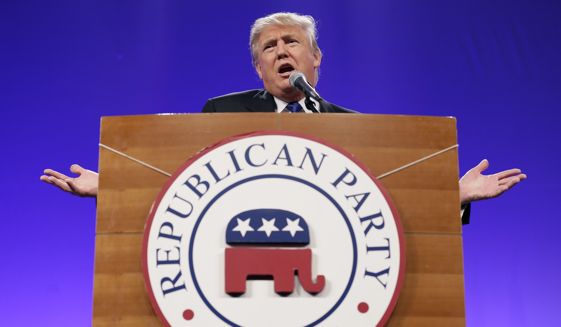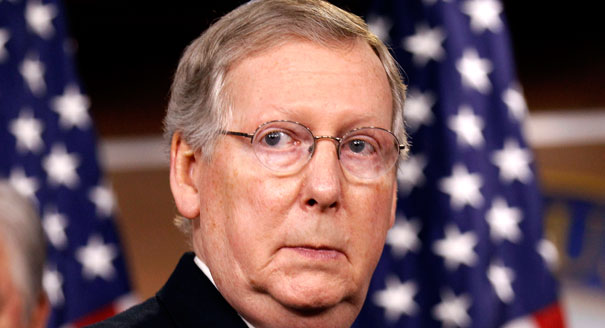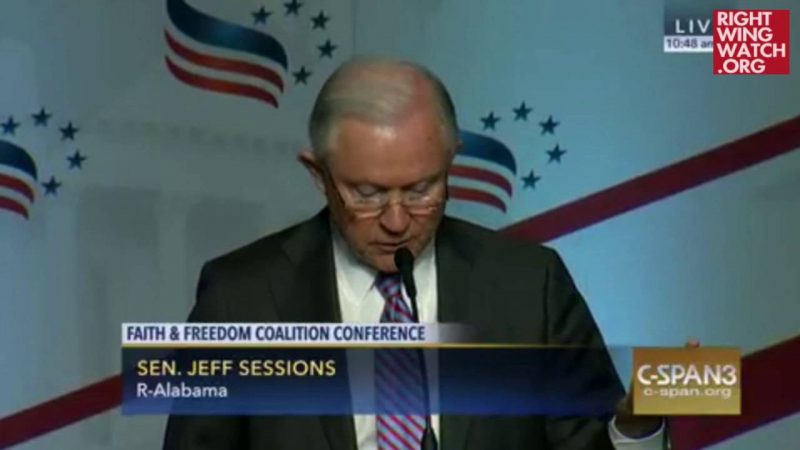When the White House announced the nomination of Harriet Miers for a seat on the Supreme Court, the nomination was met with overwhelming opposition from the Right.
The Bush Administration responded by trotting out one of Miers’ close friends, Texas Supreme Court Justice Nathan Hecht, to assure the Right that Miers opposed abortion.
Ultimately, it was all for naught as Miers withdrew her nomination citing bogus concerns over access to internal White House documents, though the reality was that her nomination was killed by Bush’s own base.
But while Miers’ publicly humiliating travails are over from her nomination period, Hecht’s are not.
In May, the Texas State Commission on Judicial Conduct admonished Hecht for violating the Texas Code of Judicial Conduct concluding that “Justice Hecht’s actions on behalf of Harriet Miers constituted persistent and willful violations of Canons 2B and 5(2) of the Texas Code of Judicial Conduct.”
Hecht has appealed and is arguing, at least in part, that Priscilla Owen said it was okay:
Hecht testified that the rules — ones that the Texas Supreme Court itself issues — were never intended to include a judge’s comments about a U.S. Supreme Court nominee but were adopted to keep judges out of local political races. But Hecht testified that he sought advice from former Texas Supreme Court Chief Justice Tom Phillips and Appeals Court Judge Priscilla Owen and was told that he was free to comment.
Considering that Owen has a long history of rewriting and disregarding the law in order to achieve her desired results, perhaps Hecht should have sought out a more reliable source of advice on this issue.
The Commission stated that Hecht violated
1. Canon 2B of the Texas Code of Judicial Conduct states, in pertinent part: “A judge shall not lend the prestige of judicial office to advance the private interests of the judge or others.”
2. Canon 5(2) of the Texas Code of Judicial Conduct states, in pertinent part: “A judge or judicial candidate shall not authorize the public use of his or her name endorsing another candidate for any public office, except that either may indicate support for a political party.”
According to the Commission, Hecht
[A]llowed his name and title to be used by the press and the White House in support of his close friend, Harriet Miers, a nominee for the office of United States Supreme Court Justice. Such public support by a judicial official elected to the highest court in Texas, in the eyes of the public and the rest of the judiciary, would be construed as an endorsement of Miers’ candidacy, as those terms are commonly used and understood. Because the Commission views Miers’ desire for a lifetime appointment to the United States Supreme Court to be a private interest, the efforts of Justice Hecht in promoting his friend’s candidacy by responding to media inquiries and assisting the White House in its efforts to convince powerful special interest groups to support her candidacy, constituted an improper use of his office and position to promote Miers’ private interest.








